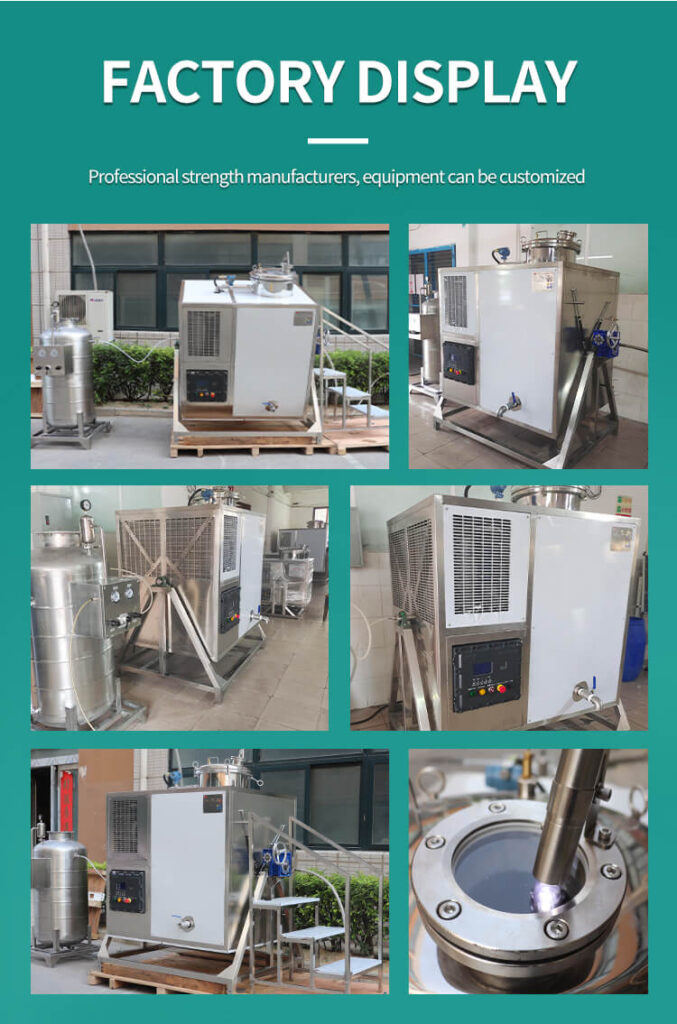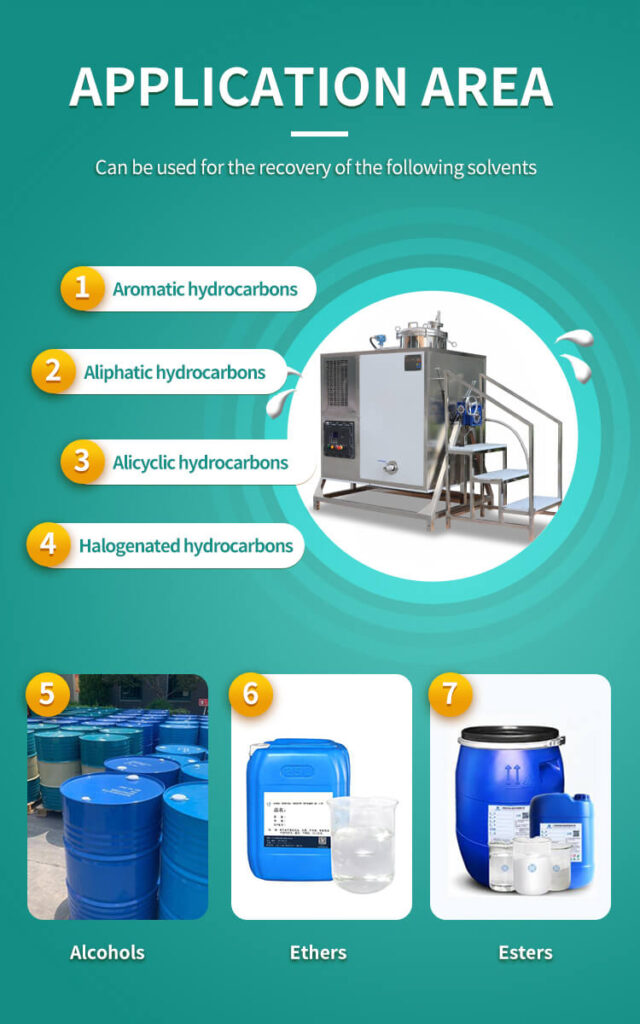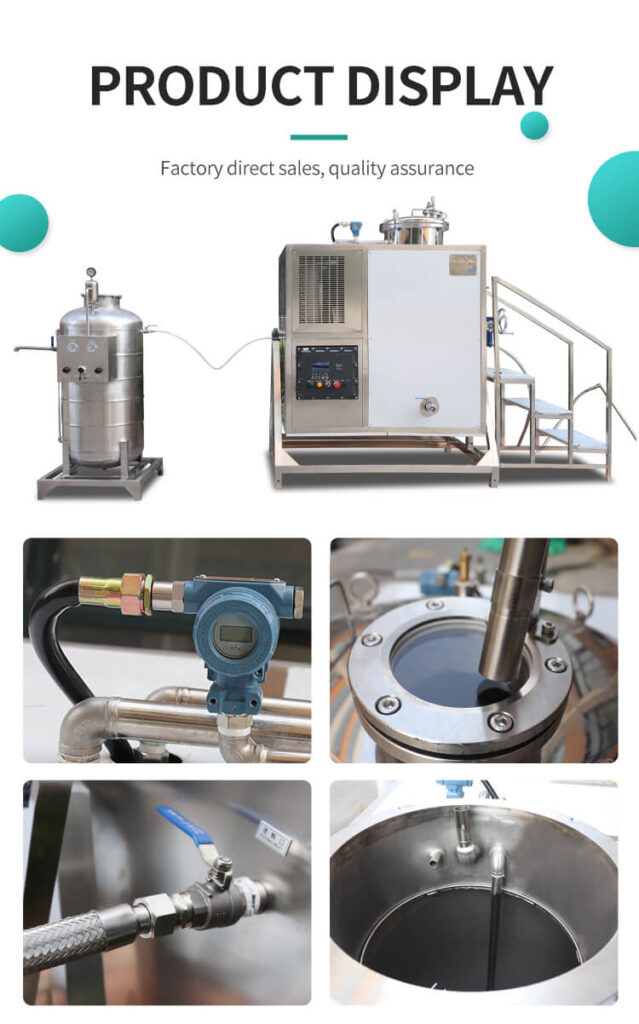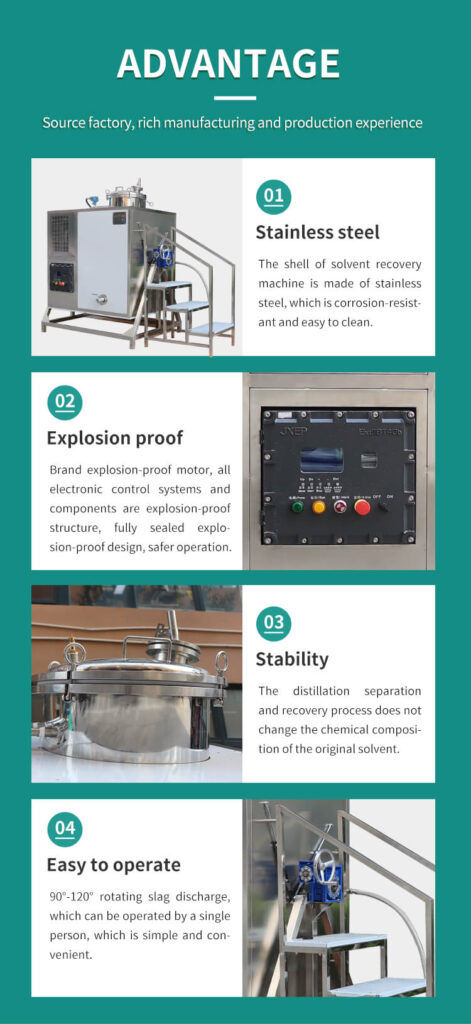Waste paint solvent thinner recycler has become increasingly important in recent years due to its environmental and economic benefits. The process involves recovering and reusing solvents and thinners from waste paint materials, reducing both waste disposal costs and environmental impact. In this article, we will explore the key aspects of solvent recycler machine, its benefits, the technology involved, and its applications across various industries.
The Environmental Impact of Paint Solvent Thinner Waste
The improper disposal of waste paint solvent thinners can have detrimental effects on the environment. These solvents often contain harmful chemicals that, when released into the environment, can contaminate soil and water sources. Furthermore, they can contribute to air pollution. It is imperative to find sustainable solutions for managing these waste materials.
The Benefits of Recycling Waste Paint Solvent Thinner Recycler
Recycling waste paint solvent thinners offers several significant benefits. Firstly, it reduces the environmental impact by preventing the release of hazardous chemicals into the environment. Secondly, it lowers disposal costs for businesses, as recycling is often more cost-effective than traditional disposal methods.
Additionally, reusing solvents can contribute to sustainability efforts, reducing the need for virgin solvents in various industrial processes.
The Technology Behind Waste Paint Solvent Thinner Recycler
Waste paint solvent thinner recycling relies on advanced technologies that separate, purify, and recover solvents from the waste materials. Distillation is a common technique used in this process. It involves heating the waste mixture to separate the solvent from other components. Once separated, the solvent can be purified and reused.



Applications Across Industries
The practice of recycling waste paint solvent thinners finds applications across various industries. Automotive, manufacturing, and construction are some of the sectors that generate substantial amounts of waste paint materials. By adopting solvent recycling systems, these industries can reduce costs and contribute to a more sustainable future.
Compliance with Environmental Regulations
Proper handling and recycling of waste paint solvent thinner recycler are essential to comply with environmental regulations. Many countries have stringent laws governing the disposal of hazardous waste materials. By investing in recycling solutions, businesses can ensure compliance and avoid potential legal issues.
The Future of Waste Paint Solvent Thinner Recycling
As environmental concerns continue to grow, the future of waste paint solvent thinner recycling looks promising. Advancements in technology are making the process more efficient and cost-effective. Moreover, businesses are recognizing the importance of sustainability in their operations, driving the adoption of recycling practices.
In conclusion, waste paint solvent thinner recycling is a crucial practice that benefits both the environment and businesses. By recovering and reusing solvents from waste paint materials, we can reduce pollution, lower disposal costs, and contribute to a more sustainable future. As technology continues to advance, this recycling process will play an even more significant role in various industries.

